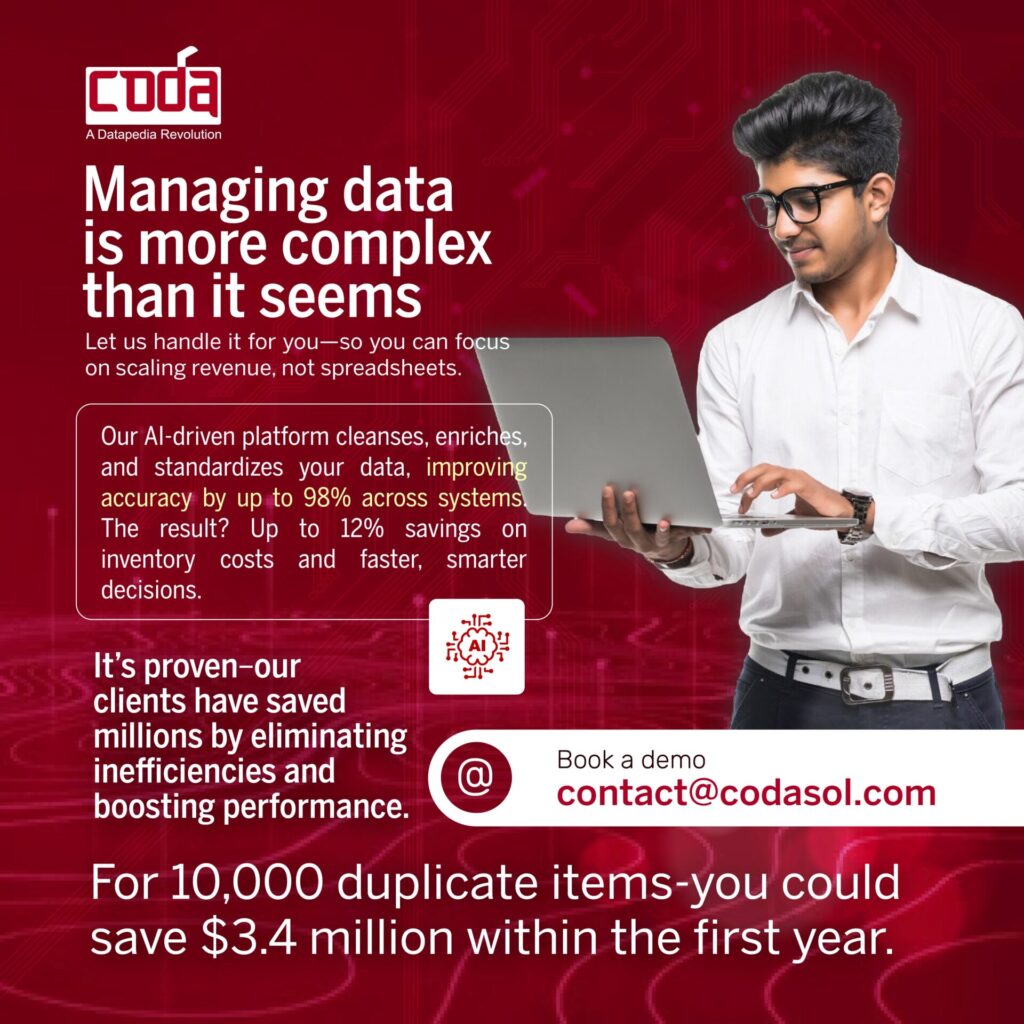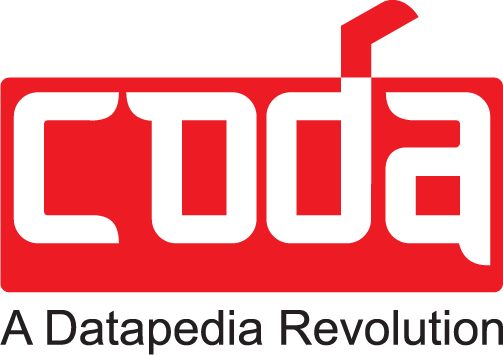What is Data Management?
Data management is the systematic process of gathering, storing, organizing, optimizing, and delivering data to create a unified data record for business growth. This practice ensures that data passes through essential stages of quality, accuracy, consistency, and accessibility, while also adhering to regulatory compliance. Ultimately, effective data management facilitates informed decision-making within organizations.
What is Master Data Management?
Master Data Management (MDM) is a strategic approach aimed at creating a single, reliable repository accessible by multiple users across an organization. The primary goal of MDM is to integrate data across systems and enterprises, breaking down data silos and ensuring that the integrated data is free from errors, duplicates, and inaccuracies. This process involves data cleansing, enrichment, standardization, and integration to deliver qualified and trusted data for business operations.
Process of Master Data Management
Data Cleansing
Data cleansing is the foundational step where data warehouses are scrutinized for inaccuracies. This process involves identifying, correcting, and removing irrelevant data using cleansing tools like Prosol, ensuring high data quality and adherence to standards essential for effective master data management.
Data Enrichment
Once the data is cleansed, the next step is data enrichment. During this phase, existing data is enhanced by integrating additional information from third-party sources. The aim is to create rich data content by infusing demographic, geographic, technographic, and behavioral patterns tailored to industry-specific needs, thus improving data standardization and integration.
Data Cataloging
Data standardization is crucial for master data management and involves establishing metadata rules, standard formats, and clear descriptions for data categorization. The standardized data is then moved to a cataloging system to streamline workflows for data catalogers.
Data Synchronization
Clean, accurate, and updated data is integrated across multiple systems and platforms, ensuring that employees have consistent access. Data synchronization guarantees that all departments operate with the same reliable database.

Experience firsthand how our platform can streamline your operations, enhance data accuracy, and drive smarter decision-making. Schedule your demo today and take the first step towards data excellence!
Components of Master Data Management
Data Governance
Codasol’s Master Data Governance solutions create a framework of rules, regulations, and policies to standardize and secure data throughout its lifecycle. Key roles such as data stewards, custodians, and owners are assigned to ensure effective data management tailored to specific industry needs, maintaining data quality and accuracy.
- Data Stewards: Ensure data quality, accuracy, and integration.
- Data Custodians: Maintain data safety and security.
- Data Owners: Oversee accountability and overall data management.
Data Quality
Poor data quality—characterized by duplicates, inconsistencies, and irrelevance—compromises effective data integration and standardization. In sensitive sectors like pharmaceuticals, inaccurate data from patient records can skew analysis, hindering informed decision-making.
Data Integration
Data from various systems—such as ERP, CRM, and legacy systems—is consolidated to eliminate irrelevant information. This integrated data provides a unified view that enhances workflows and operational efficiency.
Data Security
Organizations implement firewalls, security information, and event management (SIEM) solutions to safeguard data against unauthorized access. Robust security policies are integrated with data governance frameworks and regulatory compliance measures, such as GDPR and HIPAA.
Data Analytics
Data analytics, including visualization and quality monitoring, becomes more efficient with AI/ML models. Predictive modeling enables organizations to anticipate future trends and identify valuable insights, supporting business growth.
The Need for Master Data Management in GCC and MENA regions
Industries such as oil and gas, pharmaceuticals, and manufacturing generate vast amounts of data daily. Managing this data effectively is challenging, making Master Data Management essential for meeting industry goals and ensuring a strong return on investment (ROI). Key benefits of MDM include:
Benefits of Master Data Management
Increased ROI
Taking back high returns on investment is highly possible by implementing robust master data management tools. In Prosol, we eliminate duplicate data, reduce data redundancies, identify data gaps, and enrich the categorized data by adding data points. This will sort out the unwanted data from the dataset that paves way for streamlined workflow, which directs to increased revenue.
Improved Data Accuracy
Industries like oil & gas, pharmaceuticals, and manufacturing highly rely on quality data for their business development. From raw material procurement to supply chain logistics, MDM ensures data accuracy and consistency by reducing duplicate data and strengthening the overall data quality by creating a centralized data repository.
Improved Decision Making
Technology like Artificial Intelligence automates data cleansing, data enrichment, and data governance to provide accurate and up-to-date data. While ML-driven data management provides predictive models to predict future trends and match with the algorithms to uncover useful insights. This assists the decision-makers to go with smarter decisions in critical areas like exploration and drilling, etc.
Improved Operational Efficiency
By breaking down data silos and eliminating inconsistent data, Master Data Management will facilitate smoother data integration across various departments within an organization. This minimizes the economic downtime and improves productivity.
Improved Scalability
The extensive growth of data drives from different departments and sources suffocates the industry’s ability to meet its specific goals. Master Data Management steps in to manage the ever-growing data volumes and prioritize the data demands and needs according to the data trends and patterns.
Improved Asset Management
Strategic inventory tuning, equipment maintenance, and asset management are highly optimized. Codasol’s digital twin technology provides a 360-degree view of your physical assets and is optimized with real-time insights by using predictive analytics methods.
Implementing master data management and organizing vast amounts of consolidated data under one roof is not a piece of cake. It inherently possesses strategic challenges to hinder the effectiveness of data management solutions. Some of the difficulties are
Challenges of implementing master data management in industries like oil & gas, pharmaceuticals, and manufacturing
Legacy System
In the digital transformation era, industries like oil & gas and manufacturing still use old, outdated legacy systems and infrastructure with high maintenance costs to keep their data. It not only creates barriers in the modernization of master data but also reduces the flexibility to embrace the new data governance policies, and there is a risk of security breaches.
Data Standardization
As organizations rely on the old legacy systems, it is complicated to create data standardization and catalogs for the data drives from various sources and departments, like R&D, clinical trials, production lines, supply chains, etc. Our cutting-edge asset master data standardization will streamline the workflow by breaking down the inconvenience.
Data Silos
In the manufacturing industry, every department like procurement, production lines, quality control, inventory management, sales, supply chain, etc has separate databases and systems. That creates isolated data silos, which disrupts the flow of data standardization and integration across enterprises and systems, which is crucial for data management.
Regulatory Compliance
It is essential to maintain highly sensitive and confidential data in the pharmaceutical industry. Stringent regulatory rules like the Food and Drug Administration (FDA), the Health Insurance Portability and Accountability Act (HIPPA), and the General Data Protection Regulation Act (GDPR) will tighten data governance policies, which impacts the implementation of master data management.
Closing Thoughts
Master Data Management is not just about optimizing data storage—it’s about establishing a single source of truth that enhances operational efficiency, drives informed decision-making and strengthens scalability. In regions like the GCC and MENA, where sectors such as oil and gas, pharmaceuticals, and manufacturing rely on accurate, timely, and reliable data, adopting MDM solutions is crucial for staying competitive in the digital era.
Have questions or need assistance? We’re here to help. Contact us today to learn more about our Master Data Management solutions and how we can support your business goals. Reach out now, and let’s start a conversation about your data needs.



